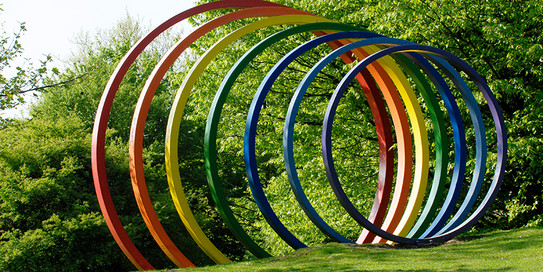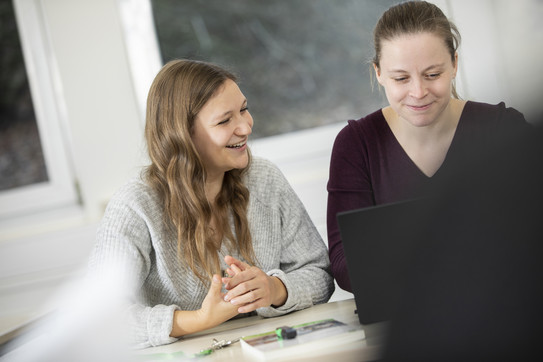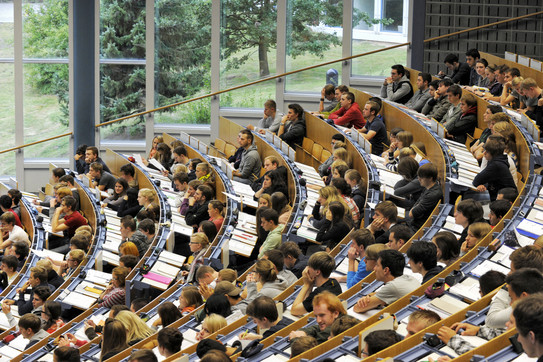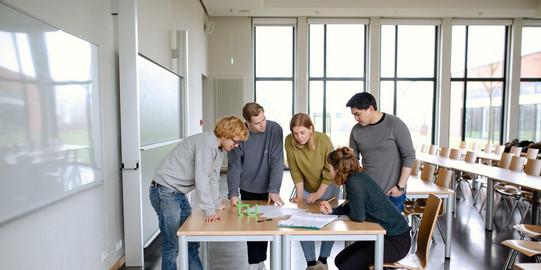Studies and Teaching at the IFS
The IFS offers courses for students of educational science and teacher trainees at the TU Dortmund University and teaches educational science theories and empirical findings. This is connected with numerous seminars, module examinations and the acceptance of final theses.
In university teaching, the IFS is largely responsible for the design of the Bachelor of Arts in Educational Science and the Master of Arts in Educational Science. Here, the Institute contributes educational and school theoretical basics as well as current topics of educational research and methods to a particular extent.

Bachelor and Master courses at IFS
In the B.A. program, the IFS is responsible for the elective area "Educational Management and Educational Research", in the M.A. program for the study profile "Empirical Educational Research and Quality Management".

In addition, the IFS ensures qualified methodological training at the Faculty of Education, Psychology and Educational Science in all phases of study and also supports the teacher training programs of the TU Dortmund University with its courses. Annual lecture series with national and international scientists on changing topics and innovative, intercultural teaching formats, among others on the topic of "Intercultural Dialogue through Theatre", round off the teaching portfolio of the IFS.
Focal points in teaching
The IFS focuses in particular on empirical findings and educational theories in the following fields:
- Organization of the educational system and educational institutions
- Reform and innovation processes in the school system and development of schools
- Conditions, design quality and effects of schools
- Individual, social and institutional conditions and processes of competence acquisition and educational trajectories
- Acquisition of competencies and equal opportunities for different groups of students
- Research methods of educational and school research

The methodological training of students and the integration of current research questions and results into the teaching distinguish courses at the IFS.









